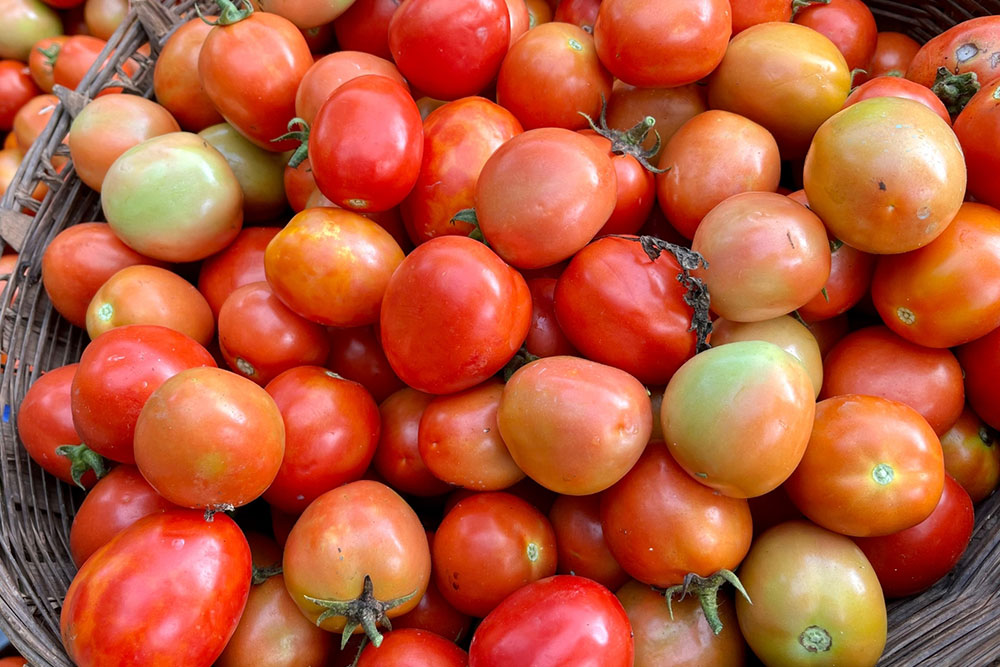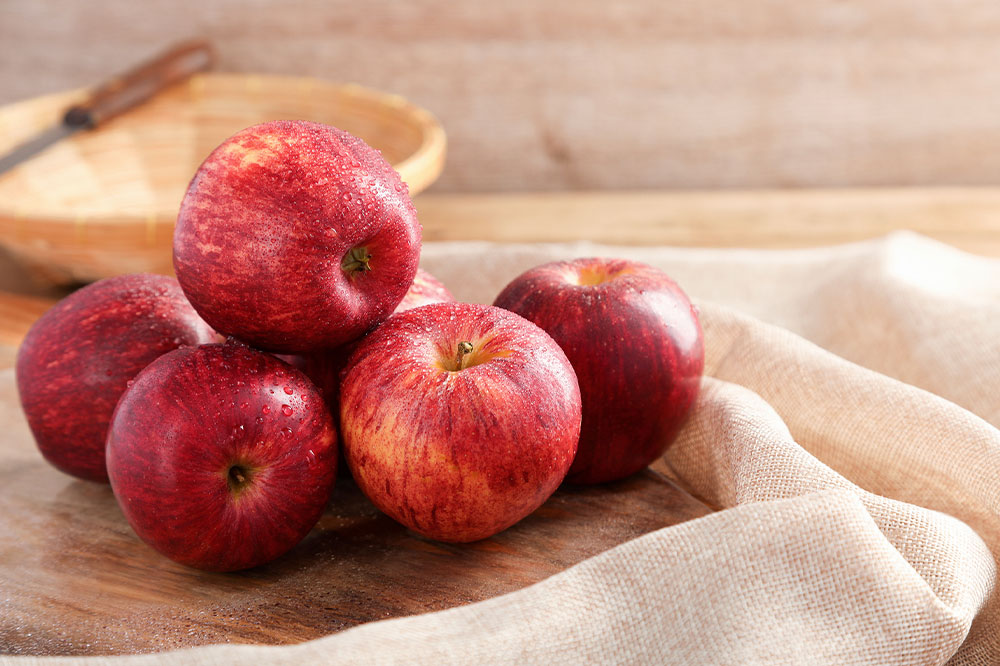7 foods that can worsen a runny nose

A runny nose is a discomforting symptom that can have various causes, such as allergies, a cold, or other respiratory issues. In most cases, one can make use of home remedies to fight off a simple cold. For example, the right food choices play a crucial role in helping the body fight off infections. However, certain foods may also worsen a runny nose, leading to increased mucus production and other issues.
7 foods that can worsen a runny nose
Tomatoes
This is a common ingredient in food for several cultures. While they taste great and add great flavor, tomatoes also have inflammatory properties, which can worsen a running nose. Also, some people may also be allergic to tomatoes, and the allergy, while rare, affects the sinuses and airways and can even lead to a runny nose, congestion, or sneezing. So, keeping this ingredient away during a cold or allergy flare-up is best to avoid any more complications.
Yogurt
This contains a compound called casein in high amounts. While yogurt makes for a great source of protein and probiotics, it should be avoided when it comes to a cold and runny nose. In fact, if one typically opts for yogurt as a snack, one can try eating some chia pudding to feel full and get the required nutrients.
Bananas
The histamine present in bananas is responsible for increasing the production of mucus in the body, so this fruit should be avoided when there is already a respiratory issue. It makes for a great snack otherwise since it is rich in sodium and potassium.
Cheese
Cheese is a classic comfort food, but unfortunately, it is something that should be avoided with a runny nose. Studies show that many dairy products act as catalysts for microbial growth, which can lead to chronic sinus infections in people. So cheese should be avoided when one has a cold or an allergy flare-up. One should also avoid other dairy products like milk. Due to the casein present in these products, it becomes difficult to control the mucus production in the body, leading to complications and discomfort for the individual. Also, ice cream is another food in this category that should be set aside. Not only does it have dairy, it also has a lot of sugar, which only leads to further discomfort and complications. Even if someone opts for a dairy-free ice cream option, it is still likely to be sugar-rich and may result in adverse effects.
Red meat
Limiting one’s red meat consumption, in general, is recommended in several cases due to its high fat content. It is also one of the foods to avoid when one is dealing with respiratory issues like a runny nose. The fat in red meat can cause an increase in the buildup of mucus in the body, leading to increased discomfort. Replacing red meat with lean meat or even choosing a different source of protein, which is plant-based, can be helpful at such times. One must check with a nutritionist about the protein options apart from red meat.
Refined sugar
Eating processed or refined sugar is typically not advised due to its adverse health effects when consumed in excess. When it comes to respiratory issues, one may be asked to avoid refined sugar due to its inflammatory properties, which can lead to complications. This inflammation impacts the immune system and can also lead to mucus buildup in the body. Having a lot of refined sugar also results in deteriorating oral health and causes discomfort.
Processed foods
Processed foods have a number of additives, preservatives, sugar, and many ingredients that are harmful to the body. These foods also contain a lot of sodium, which dries up the lungs’ airways and worsens the mucus. If one is suffering from a cold, one must consider switching to home-cooked meals and snacks, at least during the time of recovery, to make sure the body is getting proper nutrition.
It is important to build a strong immune system to help fight off these infections and illnesses. This involves making sure one’s lifestyle is healthy, which means eating the right kind of food, exercising daily, and managing stress levels. Note that one must always consult with a specialist for a concerned illness before implementing any change in food habits or otherwise.






